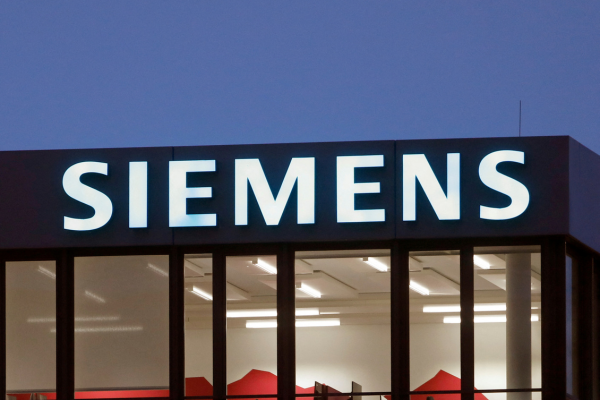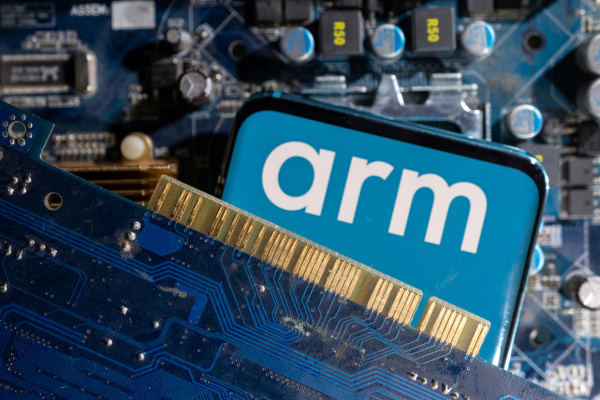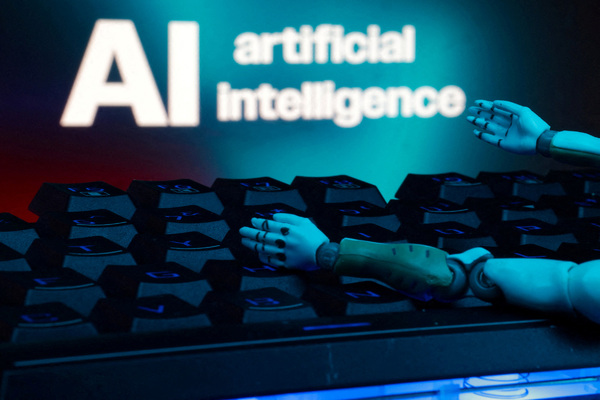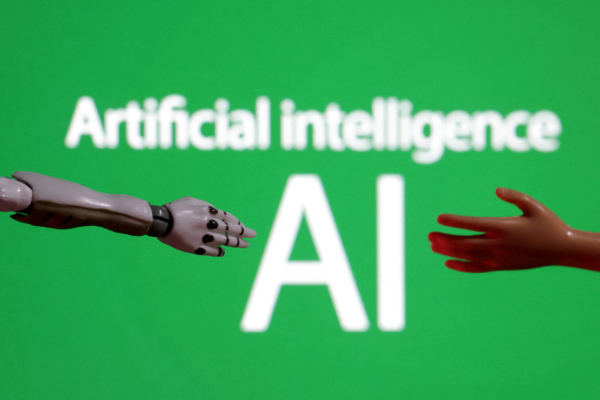The power of people-centred AI

Nigel Seddon at Ivanti argues that to gain a competitive edge, organisations must call a truce between AI and employees
If you relied solely on trending headlines, it’d be easy to believe that AI/automation and a people-centric approach to business are antithetical. They’re oil and water. Manchester United and Liverpool. You get the idea — rivalry and incompatibility on a legendary scale.
But what if the opposite were true? What if AI and automation were active enablers of a people-centric approach? I genuinely believe that’s the case. Rather than holding us back or replacing us, AI and automation can revolutionise how organisations utilise the human heart, brain power, and ingenuity.
I have evidence to back up this theory — and I’m also going to tell you how to position AI and automation for competitive advantage.
New challenges demand a new way of thinking
Cyber-threats are everywhere. With the rise of remote and hybrid work, employees and endpoints are dispersed like never before. As companies navigate this complex terrain, they face skyrocketing IT workloads, the ever-present threat of employee burnout, and the pressing need to bridge the digital divide.
Ivanti’s research clearly shows that flexible and remote working directly impacts IT. In an extensive recent survey, well over half of IT workers reported that helpdesk ticket volume continues to climb. Most (78%) attribute this trend to flexible/remote working. Software deployments, network reliability, and security incidents contribute to this increased workload.
I support flexible work — the problem lies in relying on legacy tools designed for in-office environments and other solutions that are ill-equipped for the new reality.
The increased burden on IT carries serious consequences. Nearly one in four IT professionals (23%) say a colleague has resigned due to burnout – a lower figure than last year’s finding, but still unsustainable.
To make matters worse, IT professionals themselves often struggle to access the tools they need when working remotely. Just 46% say it’s easy to access tech tools offsite, and many find it challenging to collaborate with colleagues, be seen by managers, and get tech support when out of the office.
Technology is key to alleviating these pressures, but not by replacing your IT team or other employees, as many workers fear. Instead, technology can foster a more sustainable, people-centric workforce.
A people-centric workforce is marked by engagement, loyalty, and improved outcomes. Critically, it unlocks innovation and creativity that will be essential to rising above the competition in this new phase of business.
Unlock human potential
The answer lies in automation. By automating repetitive tasks and streamlining processes, organisations can unlock untapped opportunities to increase productivity, reduce employee stress, and foster a more rewarding work experience.
The overwhelming majority of IT workers believe that AI and automation can help decrease ticket volume and provide better service. However, Ivanti’s research reveals that the use of time-saving AI and automation solutions is uneven at best. Just 8% of organisations prioritised automating repetitive tasks in 2023.
The potential of automation extends far beyond the realm of IT. By automating repetitive tasks across various business areas, companies can ensure that employees aren’t bogged down with unnecessary work and can instead focus on strategic and rewarding tasks.
This people-centric shift maximises opportunities for improved productivity and reduced employee stress. That’s when groundbreaking innovation and creativity have room to shine.
How to embrace automation
To optimise potential upsides, it’s crucial to approach automation with a clear strategy and employee buy-in. First-time automation projects often fail due to a lack of planning, inadequate change management, and resistance from staff who fear being replaced by machines.
To avoid these pitfalls, organisations should:
- Clearly communicate the benefits of automation and how it will enhance, not replace, human roles.
- Involve employees in the automation process and seek their input on areas for improvement.
- Provide training and support to help staff adapt to new tools and processes.
- Start small with pilot projects and iterate based on feedback before scaling up.
A company-wide approach to AI and automation is essential for success. That includes standardising how these tools will support workers, and it also includes addressing the potential risks and drawbacks of generative AI.
Case in point: fully 66% of IT workers say they use publicly available generative AI tools like ChatGPT, but oversight of these tools is often missing or incomplete. Nearly one in three organisations has no documented strategy to address generative AI risks – a serious oversight, given that IT professionals work with sensitive data and systems.
To bridge this divide, companies must invest in enterprise-grade AI and automation solutions that are purpose-built for IT and security. These tools, such as predictive maintenance and AI-aided ticket resolution, can provide the necessary safeguards and governance to mitigate risks while still delivering the benefits of automation.
By doing this, organisations can ensure they aren’t missing out on the untapped opportunities that automation presents.
No longer on opposing sides
As we navigate the challenges of the modern workplace, automation is crucial in creating a more sustainable, people-centric future. By breaking down the digital divide, alleviating the IT burden, and unlocking employee potential, organisations can create a workplace where technology and people can thrive.
Remember, this vision can only be realised through a strategic, employee-focused approach to automation. The result is optimised outcomes and a productive, fulfilling and engaging workplace. That’s a win for everyone.
Nigel Seddon is VP EMEA of Ivanti
Main image courtesy of iStockPhoto.com and Grafissimo

Business Reporter Team
Most Viewed
Winston House, 3rd Floor, Units 306-309, 2-4 Dollis Park, London, N3 1HF
23-29 Hendon Lane, London, N3 1RT
020 8349 4363
© 2025, Lyonsdown Limited. Business Reporter® is a registered trademark of Lyonsdown Ltd. VAT registration number: 830519543





